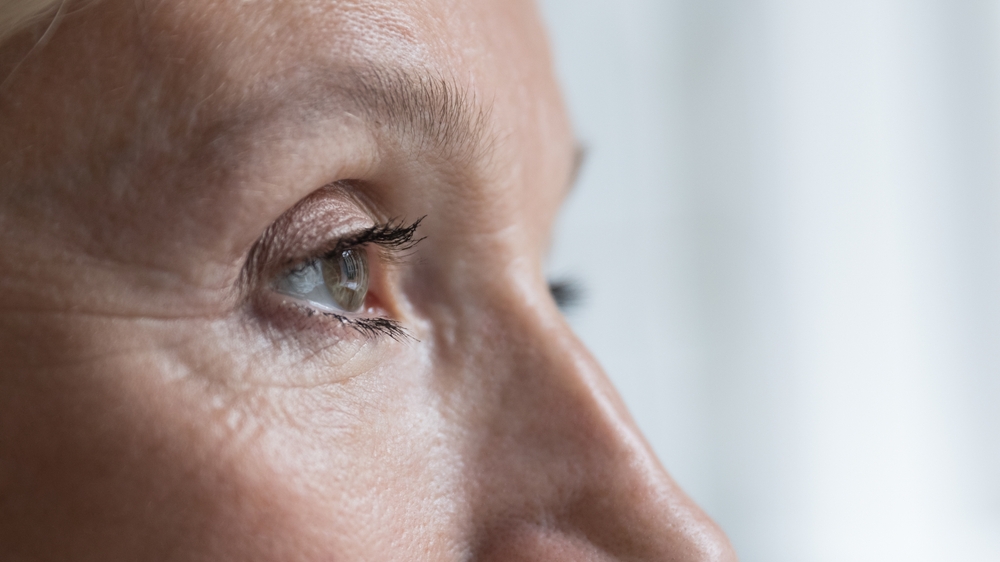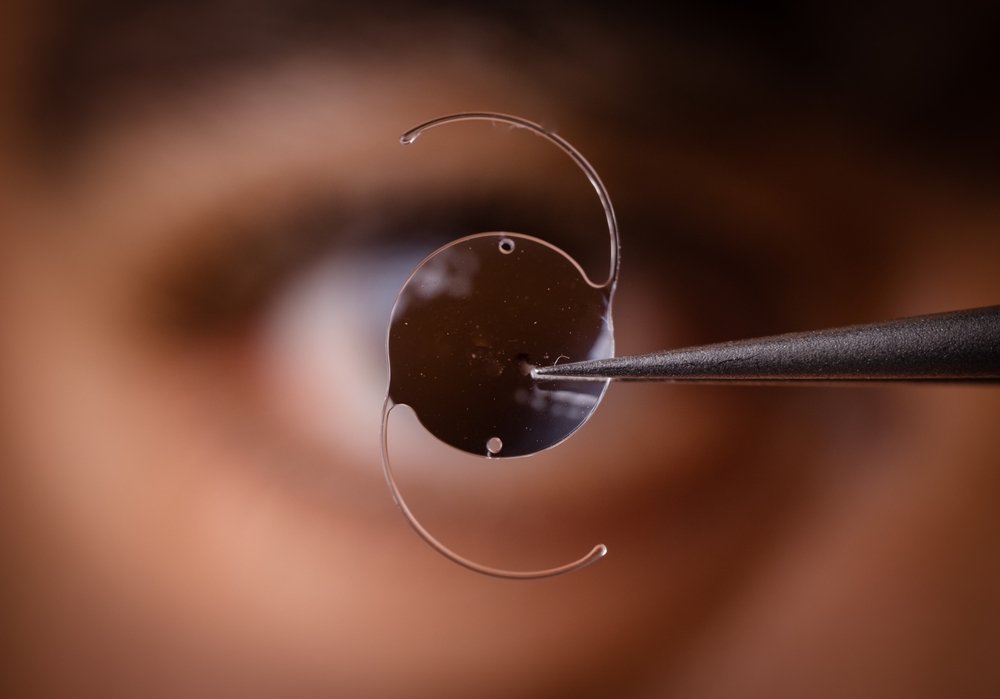How Long Does Cataract Surgery Take?
December 19, 2023
If your eye doctor has told you that you have a cataract and recommended cataract surgery, you probably have many questions about what the procedure entails. Cataract surgery is a routine outpatient procedure that is highly successful in restoring vision clouded by cataracts.
Keep reading to learn more about cataract surgery, including how long the procedure takes!
What are Cataracts?
 A cataract forms when the lens inside your eye becomes cloudy. The cloudiness occurs when proteins inside the lens break down and clump together.
A cataract forms when the lens inside your eye becomes cloudy. The cloudiness occurs when proteins inside the lens break down and clump together.
Without a cataract, the clear lens allows light to enter the eye uninterrupted. However, a large enough clump of protein is able to block out light, casting a shadow inside the eye.
Cataracts are usually caused by aging. In fact, assuming you live to be old enough, you will have cataracts at some point.
There are certain things that can cause them to develop earlier than normal. This includes smoking, a poor diet, and too much exposure to sunlight.
What Are the Most Common Symptoms of Cataracts?
Cataracts typically grow very slowly and don't begin developing in most people until they reach forty. Even at this age, it could be many years before you notice any symptoms.
Common symptoms of cataracts are:
Cloudy Vision
This is the result of the cataract blocking light from reaching the light-sensitive retina.
 Poor Vision in Low Light
Poor Vision in Low Light
Sight is noticeably more difficult at night when limited light is available.
Glare
This happens when light scatters off in the eye due to the cataract and bounces around in the eye.
Halos
You may notice strange visual disturbances, such as halos or starbursts forming around fixed points of light.
Double Vision
Cataracts may cause multiple images to appear in one eye.
If you have some of these symptoms, you could be developing cataracts.
Take the Free Cataract Self-Test
How Do I Prepare for Cataract Surgery?
After you've had your cataract screening and you're scheduled for cataract surgery, you need to prepare. Your eye doctor will give you a list of instructions during your screening, but here is what it could look like.
First, you need to not drink or eat anything for twelve hours before the procedure. You may need to stop taking certain medications as well, significantly if they increase your risk of bleeding.
You may be instructed to use antibiotic eye drops for a couple of days before the surgery. You should also take some time to schedule a ride.
You won't be able to drive yourself after cataract surgery for at least a day. Make sure to plan accordingly.
If you have a lot of chores, get some help around the house. You won't be able to bend over or lift anything heavy for a bit.
How Do You Choose an IOL?
 An IOL, or intraocular lens, will replace your natural lens during cataract surgery. After the natural lens has been removed, it will be replaced with an artificial lens.
An IOL, or intraocular lens, will replace your natural lens during cataract surgery. After the natural lens has been removed, it will be replaced with an artificial lens.
Carroll Vision Center offers a wide range of premium IOL options including the Alcon PanOptix multifocal lens, the AcrySof IQ Vivity Extended Depth of Focus (EDOF) lens, and the Acrysof toric lens.
Which IOL is best for you will depend on a variety of factors, including your vision goals, hobbies, and lifestyle. Your eye doctor at Carroll Vision Center will help you determine which one is best for you.
Do you want to learn which IOL may be best for you?
Schedule a cataract evaluation today
What Happens During Cataract Surgery?
During cataract surgery, your cataract surgeon creates an opening in your cornea, the lens is broken apart in your eye and removed, the IOL is inserted, and the cornea is closed.
The procedure is quick and easy. Since it's outpatient, you will get to go home the same day.
At Carroll Vision Center, our cataract surgeons are experts and have many years of experience performing cataract surgery. You can rest assured that you are in good hands with the professionals at Carroll Vision Center.
How Long Will Cataract Surgery Take?
For each eye, the procedure itself should take only about fifteen minutes. This includes the incision, the lens removal, and the IOL placement.
However, you will need to spend some time resting in the clinic before you go home. Once the surgery has ended, you will begin your recovery immediately.
Most people see improvement in their vision right away, but for some people, it takes several days. Thanks to the minimal incision, your eye should heal rapidly.
Expect to lay low for at least a week. You will be able to slowly add back more of your routine as your eye heals.
In no time, you will be healed, rested, and ready to fully enjoy your new sight!
Are you experiencing symptoms of cataracts? Schedule a cataract evaluation at Carroll Vision Center in Westminster, MD, today!



